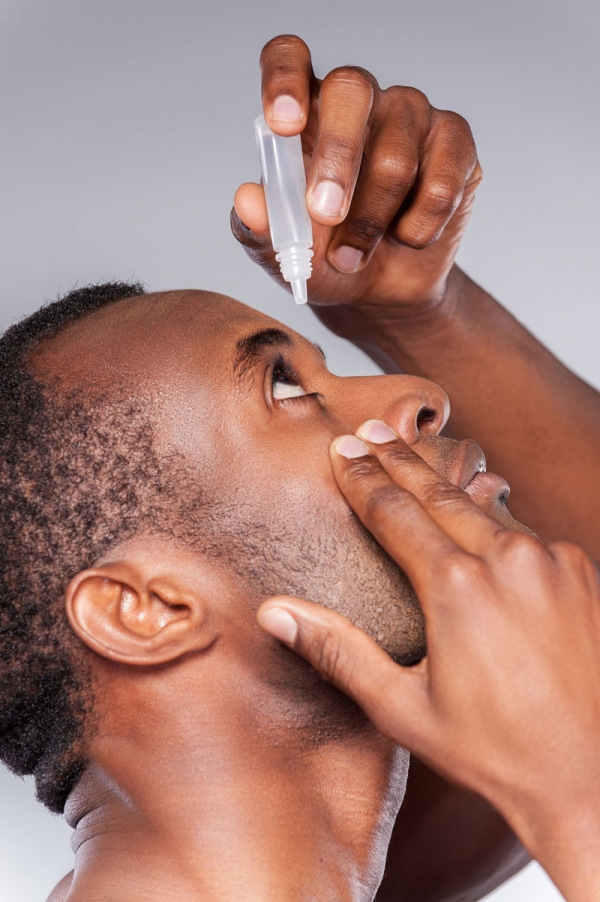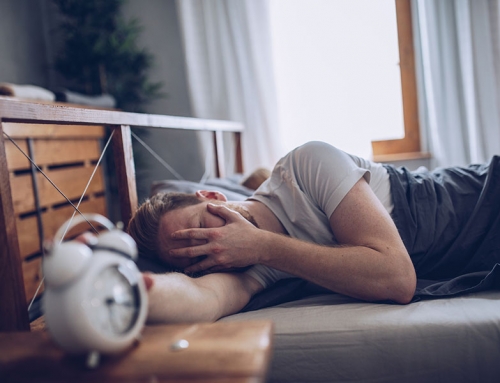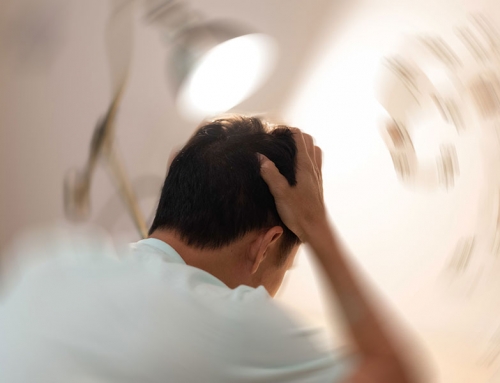Mostly, a dry mouth and eyes in the morning are nothing more than a short-term, annoying condition. Occasionally, however, these symptoms are indicative of more chronic issues, such as diabetes and Sjogren’s Syndrome. Here are the more common causes and treatments for dry mouth and eyes.
Top causes of morning dry mouth and eyes
Table of Contents
Allergies (Seasonal, dust, and pet)
As you sleep, allergen particles can build up around you. A still room, and the plush fabric of bed linens, can make for an allergen-rich environment, so that substances which may not bother you during the day, suddenly become an issue at night—with the effects felt upon waking.
This is especially the case if you sleep with your window open (allowing pollen to blow inside), you’re using an old spring mattress (more susceptible to dust mites than foam surfaces), or if you share your bedroom with a pet.
Type 2 diabetes
If your symptoms are persistent, moderate, and a continuing source of discomfort throughout the day, it’s definitely worth considering a test for Type 2 diabetes. As explained by Healthline, diabetes can cause a dry mouth and eyes because high blood sugar levels lead to increased production of urine and need to urinate. As a result, those with undiagnosed diabetes can become extremely dehydrated, causing a drop in body moisture levels.
Sjogren’s syndrome
Mayo Clinic describes Sjogren’s syndrome as an autoimmune disorder of an unknown cause, which can result in the body attacking its own cells and tissues. Researchers believe that the syndrome can often be triggered by a nasty viral or bacterial infection.
The most common identifying symptoms of Sjogren’s syndrome are dry eyes and a dry mouth. This is because the condition normally affects the mucous membranes around the eyelids and lining the mouth, leading to a noticeable decrease in tears and saliva.
According to the National Institute of Health, the syndrome affects upwards of 4 million people across the US, with a probably large number of undiagnosed cases. Dr. Gabor Illei, head of the Sjögren’s Clinic, told NIH that “the average time to diagnose Sjögren’s is about 7 years from the first symptoms because the symptoms can be very subtle.”
Xerostomia (Dry mouth)
Known medically as xerostomia, dry mouth happens when the saliva glands stop working or decrease their production rate. Hyposalivation means your saliva can’t perform its three key roles, leading to a much higher chance of infection: cleansing your mouth, killing bacteria, and washing away the food particles.
The presence of a dry mouth—but not dry eyes—upon waking, signals the presence of several conditions:
Easy treatments
Always consult your doctor for the best medical advice! But, if you feel that your mouth and eye dryness is a temporary condition, try the following quick fixes.
 Artificial tears
Artificial tears
Eye drops and other over-the-counter ointments are designed to keep your eyes at a health level of lubrication. As there are several different options when it comes to artificial tears, it’s worth trying out a few types to find one that works for you. The UK NHS recommends avoiding drops that contain preservatives, especially if you use eye drops multiple times throughout the day, as frequent use can be damaging to your eyes.
Sugar-free chewing gum
Keeping a pack of teeth-friendly chewing gum on your bedside table can be a quick fix for morning dry mouth, encouraging the production of saliva through the chewing action. The same effect can be achieved by sucking on ice cubes or hard candy. Alternatively, medicated sprays, lozenges, and gels can replace saliva production (though, only as a temporary fix, as you’ll want to get back to regular saliva levels asap).
Air humidifier/purifier
Improving the purity and humidity of the air in your bedroom can help combat congestion, which in turn reduces the chance of open-mouth sleeping. Ensuring that your room is allergen-free is also a good way of ruling out more temporary causes of dryness, suggesting that an appointment with your doctor might be a good idea.
While a dry mouth alone when waking up is most often a sign that you’re sleeping with your mouth open, the co-presence of dry eyes indicates that you may have an allergy, or even a more systemic issue. It’s also possible that you’re suffering from Sjogren’s syndrome, an autoimmune disorder resulting in facial dryness that’s often more noticeable after a night’s sleep.





